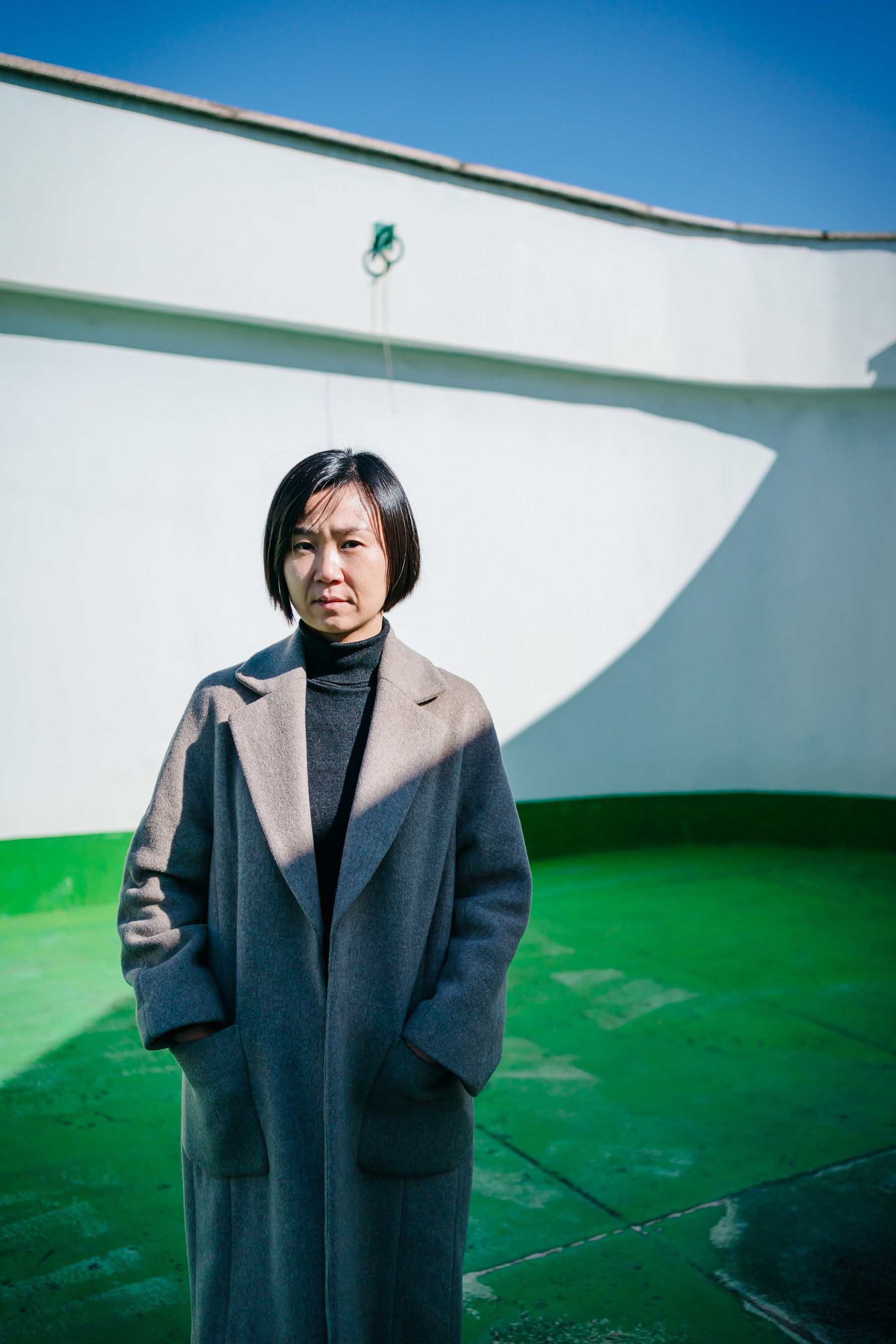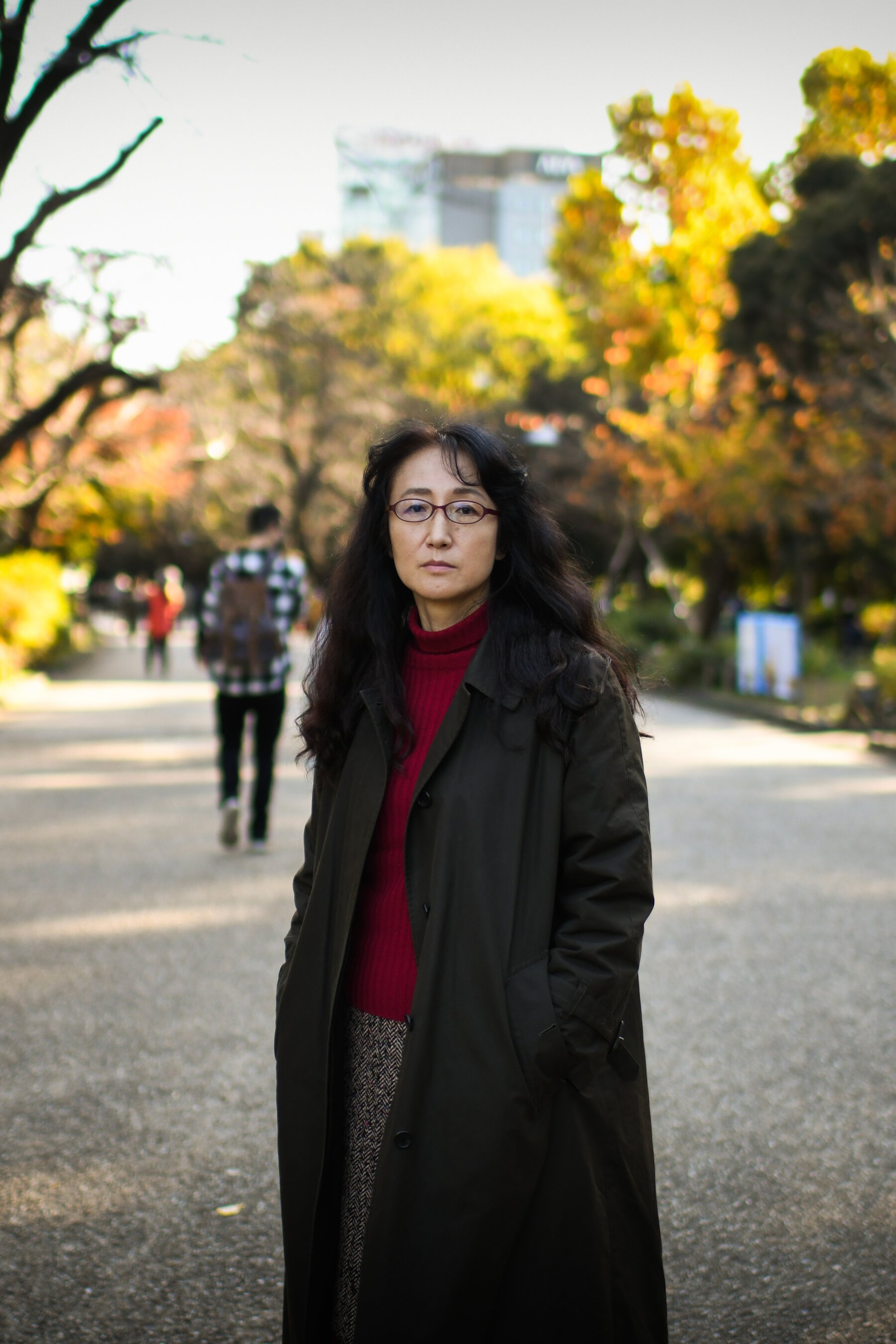Articles.

A book everyone should read; Kim Jiyoung, Born 1982 by Cho Nam-Joo
Understand the pain that Kim Jiyoung goes through, and you will understand the true nature of sexism not only in South Korea but the world.

The Homeless Japanese ghost by Miri Yu
If I had to recommend a book to start with Japanese literature, I would recommend this book. It is a great introduction that shows all the wonders of this type of literature…